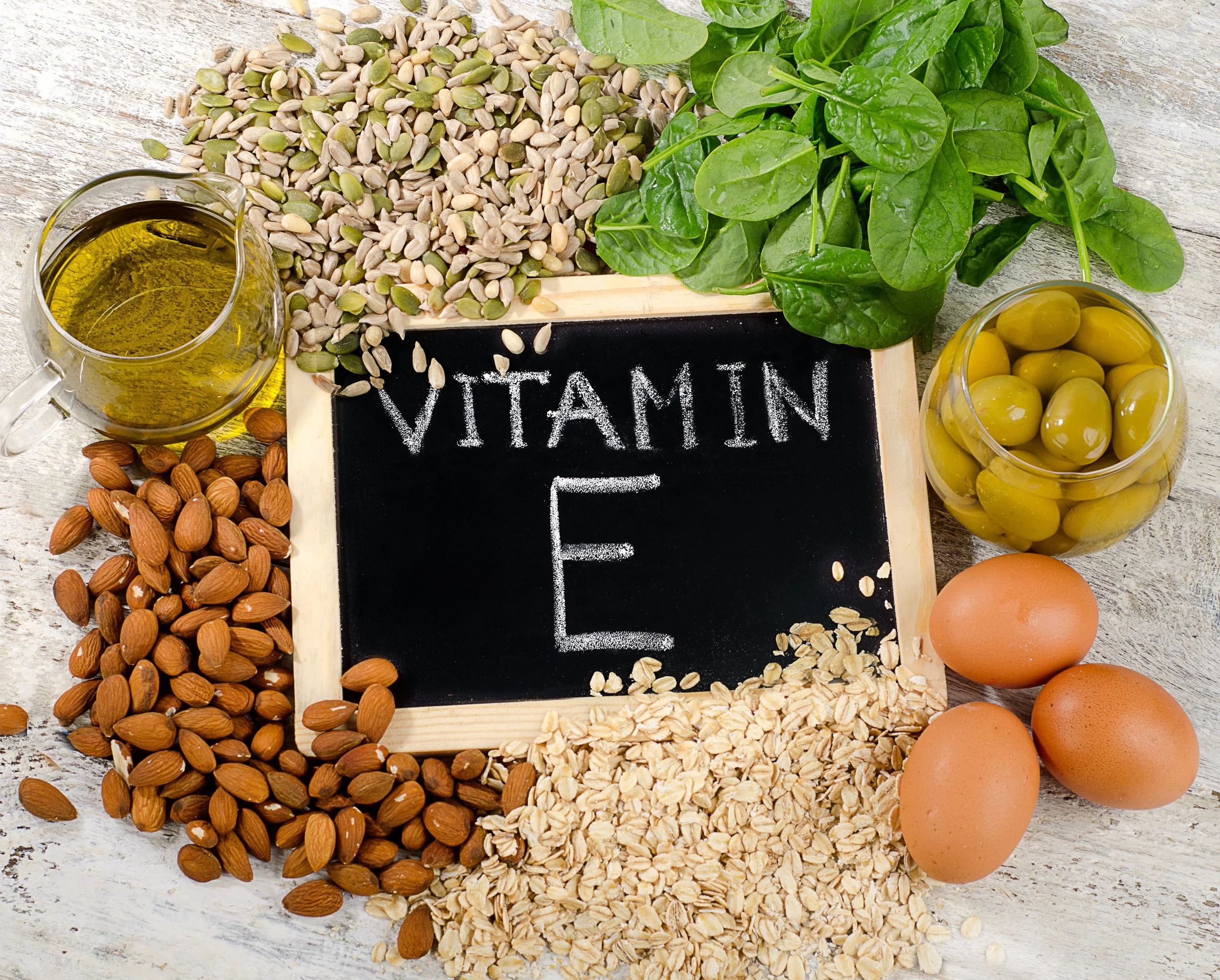Vitamin E
“The greatest wealth is health”
——Virgil
The Unsung Hero Your Cells Can’t Live Without
Let’s face it—Vitamin E isn’t exactly the flashiest of the bunch. It’s not the “immune superstar” like Vitamin C or the “sunshine savior” like Vitamin D. But make no mistake: Vitamin E is a silent protector, quietly doing the heavy lifting behind the scenes.
If your body were a superhero movie, Vitamin E would be the stealthy sidekick—the one saving lives in the background while everyone’s watching the main act. But today, we’re putting E in the spotlight where it belongs.
Here’s what you need to know—Health Instrument style.
🧨 1. The Ultimate Antioxidant Armor
Think of free radicals as the rust-makers inside your body. They’re unstable molecules that damage cells, accelerate aging, and play a role in diseases like cancer and Alzheimer’s.
Vitamin E steps in like a bouncer at the club. It neutralizes those troublemakers before they can cause chaos. That means better aging, stronger cells, and less wear-and-tear on your body from everyday stress, pollution, and poor diet.
🧴 2. Your Skin’s Best Friend
Vitamin E is fat-soluble, which means it’s stored in your skin—and thank goodness for that. It’s a natural moisturizer, wound healer, and anti-aging powerhouse.
Got dry skin? Scars? Wrinkles creeping in? Vitamin E helps repair and rejuvenate by boosting skin elasticity and fighting off sun and environmental damage. Bonus: it even helps your skin recover faster from cuts and scrapes.
🛡 3. A Lean, Mean Immune Machine
As we age, our immune system starts to chill out a little too much. Vitamin E keeps it sharp. It enhances T-cell function—those are your body’s security guards that sniff out and destroy pathogens.
Want fewer colds, faster recovery, and stronger internal defense? Make sure E is on the team.
❤️ 4. Defender of Your Heart
When bad cholesterol (LDL) oxidizes, it sticks to your arteries like glue. That’s how plaque builds up and blood pressure rises. Vitamin E helps prevent that oxidation, lowering the risk of clogged arteries and heart disease.
It’s not a replacement for exercise or good food—but it’s a key part of the heart-health puzzle.
👁 5. Vision Protection as You Age
Vitamin E helps slow the roll of age-related macular degeneration (AMD)—a common cause of vision loss after 50. It protects the cells in your eyes from oxidative stress, just like it does everywhere else.
Eyes are fragile. Treat them like treasure—and make sure E is part of your arsenal.
🔄 6. Keeps Your Cells Young
Every cell in your body has a membrane—a protective outer layer—and guess what keeps it flexible and strong? You got it: Vitamin E. It keeps those membranes from becoming stiff or damaged. That means better function, better protection, and better aging, inside and out.
⚠️ But Here’s the Catch:
Because Vitamin E is fat-soluble, your body stores it—unlike water-soluble vitamins that get flushed out. So yes, you can get too much if you’re over-supplementing.
On the flip side, if you’re not eating enough healthy fats (think nuts, seeds, olive oil, spinach, avocados), you might not be getting enough E either.
So, How Much Do You Need?
For adults, around 15 mg per day is the sweet spot. Most people can hit that with a balanced diet, but if you’re on a low-fat plan or over 50, you might want to check your levels or consider a supplement (just not in megadoses—more isn’t always better).
The Bottom Line?
Vitamin E isn’t loud—but it’s lethal (in a good way). It fights oxidative stress, protects your heart, powers your immune system, and keeps your skin and eyes youthful.
So next time you reach for a snack, skip the junk. Grab a handful of almonds. Drizzle some olive oil on your greens. Toss in some sunflower seeds. Give your body the tools it needs to win.
Because the longer you live, the more you realize: It’s not about looking young. It’s about functioning like a boss—and Vitamin E is on your side.

